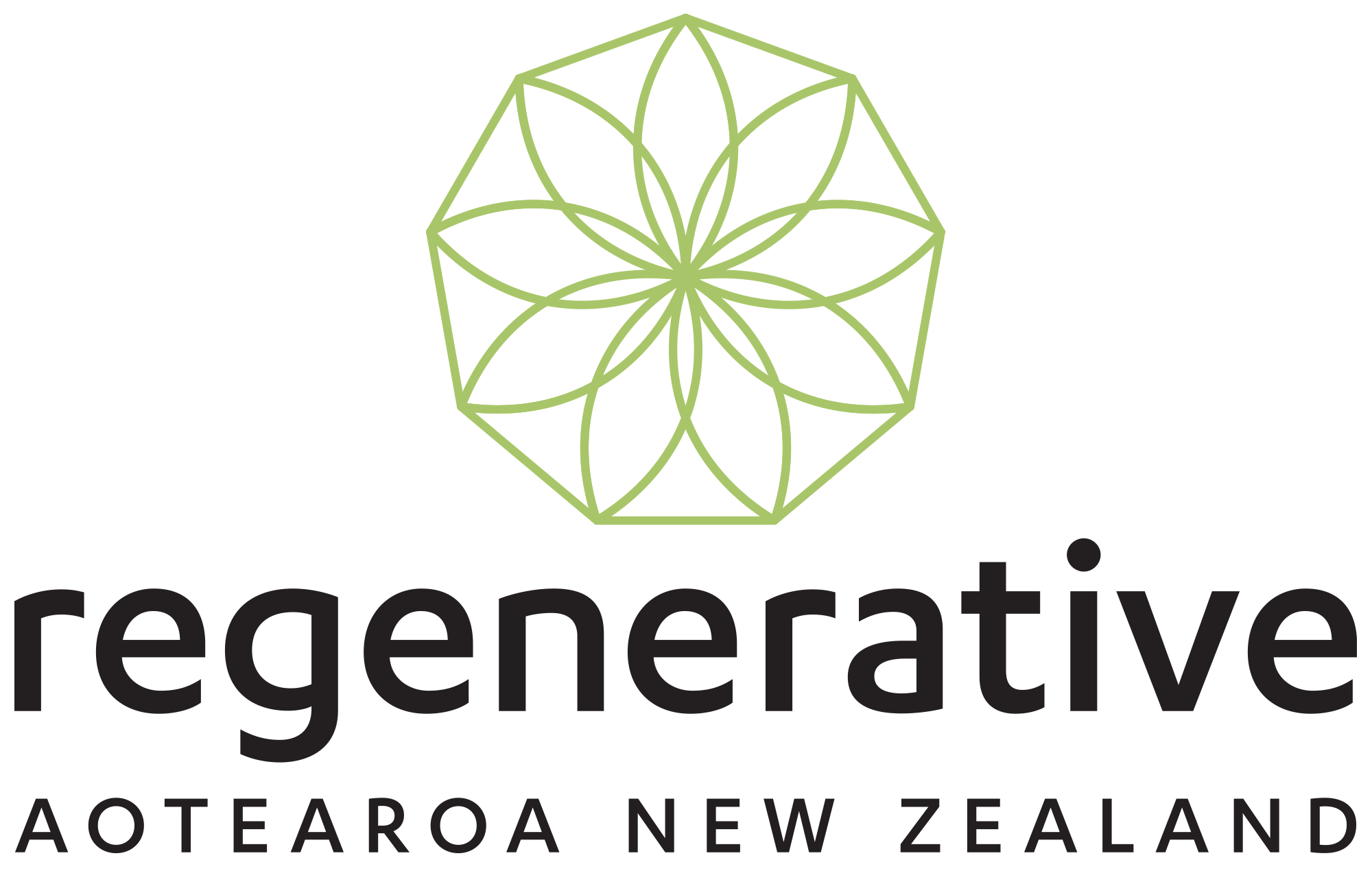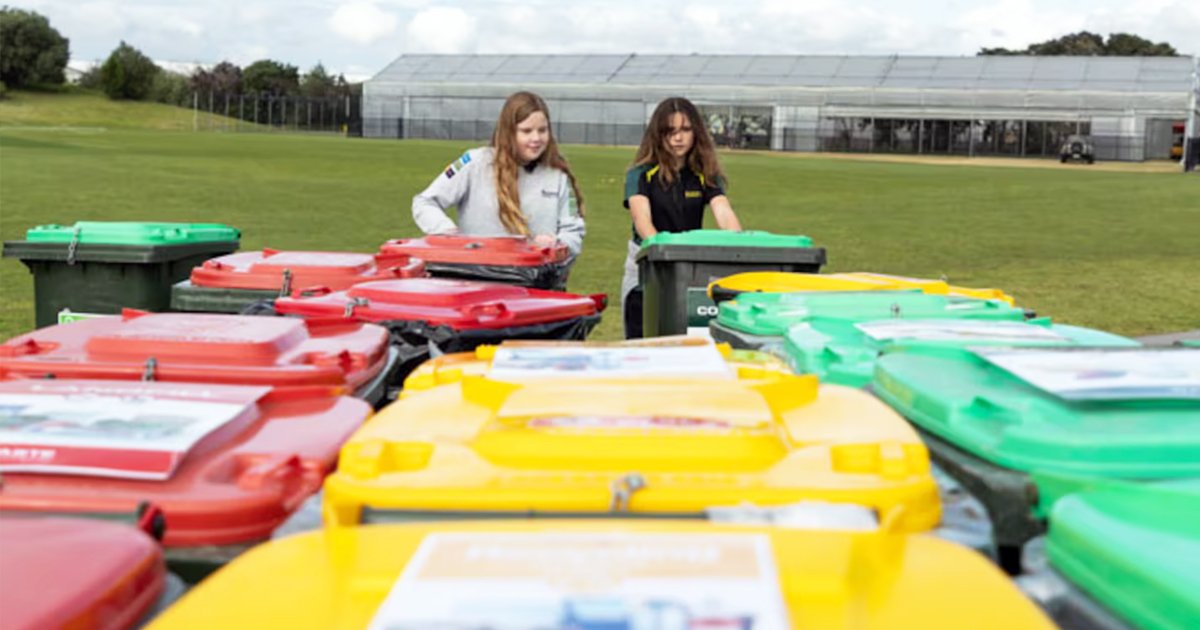A group of intermediate students from Tauranga will have their performance at next week’s Zespri Aims Games measured in tons, not medals.
That’s because the environmental warriors – nicknamed the Green Team – have one of the most important tasks at the week-long tournament: diverting thousands of kilograms of waste from landfills.
With nearly 13,000 athletes – more than the 10,500 hosted at the Paris Olympics – set to descend on Tauranga from Saturday, it will be no small feat.
It’s part of a massive sustainability effort from tournament organisers and strategic partner Tauranga City Council, which encourages athletes to “give back” to their host city by getting involved in coastal clean-ups, tree planting and other activities.
The Green Team isn’t new, forming around 18 years ago when the event wanted to do better environmentally. Last year, 2031kg – or 58% – of waste was diverted from landfill.
Of the nearly 3500kg of rubbish collected, 872kg was recycling and 1159kg was organics.
This year will also be the first time soft plastics will be diverted from landfill, with the team working with the Packaging Forum on top of the usual three-bin system of landfill, recycling and compost, Waste Watch director and Green Team leader Marty Hoffart said.
“It’s usually what’s left in our landfill bins so hopefully we can recover a lot of that this year.”
Hoffart, who has been involved every year, said it’s a great way for more students to be involved in the “amazing” week who may not otherwise get a chance.
One of those students is Ōtūmoetai Intermediate’s Jackson Corrigan, 13, who “just missed out” on making his school’s basketball team.
He put his hand up for the Green Team as it was his last chance to be part of the international tournament.
Now, he gets to do the “important” work to help the environment while watching the athletes compete.
He’s one of 45 intermediate-age students from Mount Maunganui, Ōtūmoetai and Tauranga Intermediate schools and Pāpāmoa College.
They gathered for a training on Friday ahead of the tournament, where they walked through the city’s recycling facility before diving into the complex world of waste management – and even the teachers admitted they learned a few things.
The students sharpened their eyes, learning to spot a compostable coffee cup with a plastic lid or paper plates sneakily lined with gloss.

